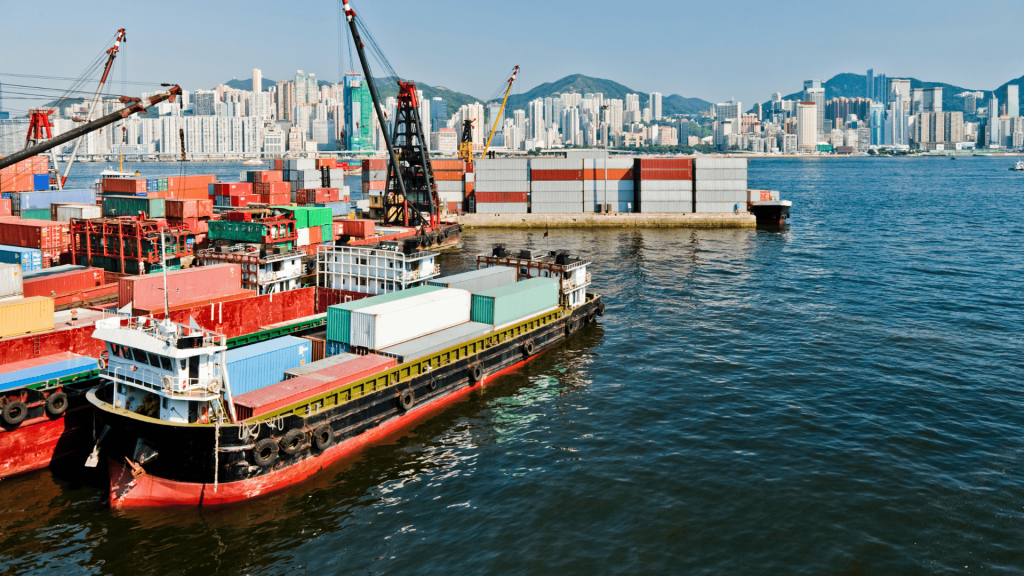South Korea is actively seeking to normalize its relationship with China, a strategic move underscored by a recent special envoy mission led by former parliament speaker Park Byeong-seug to Beijing. The diplomatic overture highlights the delicate balancing act faced by US allies as they navigate a landscape increasingly shaped by American protectionism and geopolitical tensions.
While in Beijing, Park conveyed a message from President Lee Jae-myung to Chinese President Xi Jinping, expressing hopes for a “normalizing” of relations that have been strained in recent years. This effort to mend ties with its largest trading partner comes at a pivotal moment, as President Lee simultaneously travels to Washington to meet with US President Donald Trump. In a significant diplomatic gesture, Park also extended an invitation for President Xi to attend the Asia-Pacific Economic Cooperation (APEC) summit in October.
The dual-track approach reflects the significant pressure placed on nations like South Korea by a shift in US foreign policy. For decades, the US has championed free trade and open markets, encouraging its allies to integrate into a global economic system. However, recent US policies, marked by the imposition of tariffs and a focus on domestic economic security, have created friction. These protectionist views have put long-standing allies in a difficult position, forcing them to choose between their critical economic partnerships with China and their military and strategic alliances with the US.

In this context, South Korea’s pursuit of stronger economic cooperation with China, particularly concerning supply chains, is a direct response to these pressures. During the envoy’s visit, both sides agreed to work toward making “substantive progress” on economic and supply chain cooperation. The aim is to secure a stable economic future amidst the uncertainty generated by the ongoing US-China trade war. Despite a mutual desire to develop a “mature” strategic partnership with China, South Korea’s new government emphasized its continued commitment to its alliance with the United States.
This situation is not unique to South Korea. Many nations find themselves in a similar predicament, grappling with the challenge of maintaining economic prosperity while also satisfying the demands of a key ally. In this new era of great power competition, the diplomatic dance for US allies has become more intricate than ever.
Start Trading with Orient Futures Singapore
Being an Overseas Intermediary of Shanghai International Energy Exchange (INE), Dalian Commodity Exchange (DCE), and Zhengzhou Commodity Exchange (ZCE), when foreign clients participate in internationalised futures contracts in these Chinese markets with us, they have direct access to trading, clearing, and settlement. Our parent company, Shanghai Orient Futures, is the largest broker in terms of aggregated volume across the five regulated exchanges in China.
Orient Futures Singapore also currently holds memberships at the Singapore Exchange (SGX), Asia Pacific Exchange (APEX), and ICE Futures Singapore (ICE SG). Starting August 2023, corporate clients can also gain access to the B3 Exchange through us, opening additional trading avenues.
Expect streamlined processes and an easy-to-use interface designed for minimal latency, accompanied by our team’s round-the-clock availability on trading days to provide assistance for all your trading needs.



